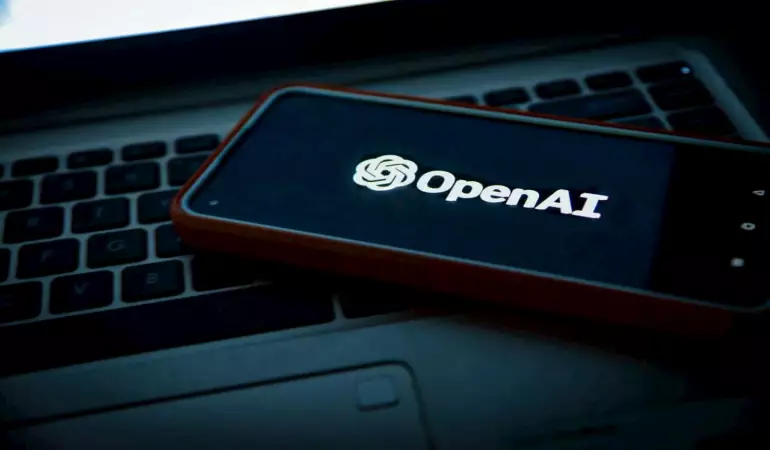5 things you should never share with ChatGPT
Artificial intelligence chatbots such as ChatGPT are increasingly used in our daily lives. They can help answer a wide range of questions, provide assistance or valuable insights. However, using these tools can also bring risks. To protect yourself from potential risks, here are 5 areas you should never share with ChatGPT.
January 14, 2025 15:19
Personally identifiable information
Personally identifiable information comprises a range of data that uniquely identifies an individual. This includes data such as name or date of birth. It also includes more sensitive information such as insurance numbers, addresses, telephone numbers or email addresses.
While AI platforms may not deliberately collect and store such information, they are vulnerable to data theft. Cyber criminals can use this information to impersonate you, gain unauthorised access to your accounts or carry out fraudulent attacks.
Financial information
Financial and banking information is extremely sensitive and should never be disclosed to ChatGPT or any other artificial intelligence system.
This category of data includes credit card numbers, bank account details and other payment information.
The potential consequences of a breach of financial information are extremely threatening, ranging from fraudulent transactions to emptied bank accounts.
Passwords and login details
Passwords and login credentials are digital keys that protect our online identity and personal information.
Sharing these sensitive access credentials with ChatGPT can open the door for malicious actors to access your accounts.
In addition, make sure your passwords are unique and strong. It's also a good idea to enable additional account security measures such as two-factor authentication.
Private or confidential information
AI systems lack the contextual understanding that humans have and are therefore more prone to accidentally revealing sensitive content.
The disclosure of personal secrets, intimate details or confidential work-related information to AI systems can lead to privacy and reputational risks.
In a professional environment, the disclosure of confidential business information can lead to breaches of trust, potential legal problems or damage to an organisation's competitive advantage.
Intellectual property
Intellectual property includes patented ideas, copyrighted material, trade secrets and other information.
Sharing intellectual property with ChatGPT may increase the risk of theft and unauthorised use. This can lead to legal disputes, loss of competitive advantage or financial loss.




